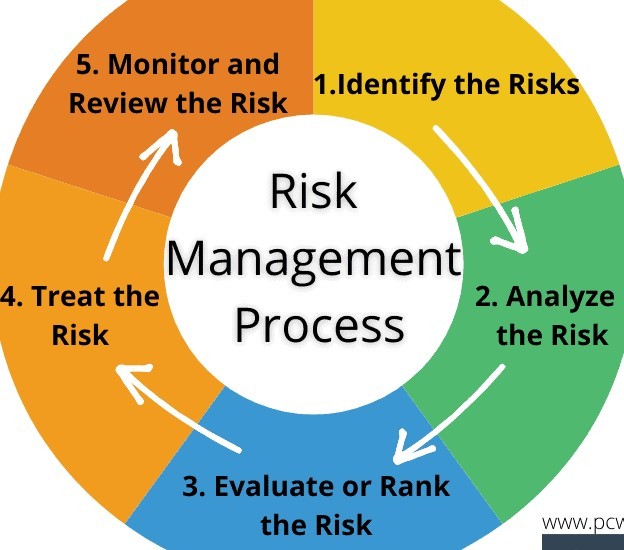How the Importance of Risk Management Facilitates Successful Project Outcomes
How the Importance of Risk Management Facilitates Successful Project Outcomes
Blog Article
The Relevance of Recognizing the Value of Risk Management in Numerous Industries

The Core Concept of Risk Management and Its Purpose
Risk Management, the foundation of lots of industries, depends upon the identification, evaluation, and mitigation of unpredictabilities in a company atmosphere. It is an indispensable technique that permits organizations to secure their properties, reputation, and overall survival. By appropriately recognizing possible dangers, services can develop strategies to either protect against these threats from occurring or decrease their impact. The examination procedure involves evaluating the probability and potential seriousness of these risks. When dangers have actually been determined and examined, the reduction procedure involves designing methods to lower their possible influence. This procedure is intermittent and continuous, ensuring that businesses are gotten ready for the ever-changing nature of Risk in various sectors. The main function, therefore, is to cultivate strength amidst unpredictabilities.
Benefits of Executing Risk Management in Organization Workflow

Revealing the Function of Risk Management in Different Industries
While every sector challenges its distinct collection of threats, the application of Risk Management approaches remains a typical denominator in their search of sustainability and development. In the healthcare industry, Risk Management involves making certain patient safety and security and information defense, while in financing, it involves mitigating financial investment threats and making sure regulatory conformity. Ultimately, the role of Risk Management throughout industries is to recognize, analyze, and reduce risks.
Real-life Study Showing Successful Risk Management
To understand the relevance of Risk Management in these lots of fields, one can look to several real-life instances that illustrate the effective application of these measures. As an example, in the power field, British Petroleum created Risk mitigation prepares post the 2010 Gulf of Mexico oil spill. They implemented far better safety treatments and stricter policies which dramatically minimized further mishaps. Similarly, in finance, Goldman Sachs successfully browsed the 2008 monetary crisis by recognizing potential mortgage-backed securities dangers early. Toyota, upload the 2011 quake in Japan, changed its supply chain Management to lessen disturbance risks. These instances demonstrate just how markets, gaining from crises, successfully used Risk Management methods to decrease future dangers.
Future Trends and Developments in Risk Management Strategies
Cybersecurity, when an outer concern, has actually catapulted to the leading edge of Risk Management, with approaches focusing on detection, avoidance, and response. The integration of ESG (Environmental, Social, Governance) aspects right into Risk Management is another expanding fad, mirroring the increasing recognition of the duty that ecological and social dangers play in company sustainability. Thus, the future of Risk Management exists in the fusion of innovative technology, cutting-edge techniques, and an alternative strategy.
Conclusion
In verdict, look at this website recognizing the importance of Risk Management throughout a spectrum of sectors is important for their long life and prosperity. Inevitably, effective Risk Management adds to a lot more sustainable and durable companies, highlighting the value of this method in today's dynamic and extremely competitive service setting.
While every market faces its distinct set of threats, the application of Risk Management approaches continues to be a common denominator in their search of sustainability and growth. In the medical care sector, Risk Management entails making sure person safety and go information protection, while in financing, it involves mitigating investment risks and ensuring regulatory compliance. Ultimately, the function of Risk Management across markets is to determine, analyze, and mitigate threats. These cases show just how markets, finding out from situations, effectively used Risk Management methods to reduce future risks.

Report this page